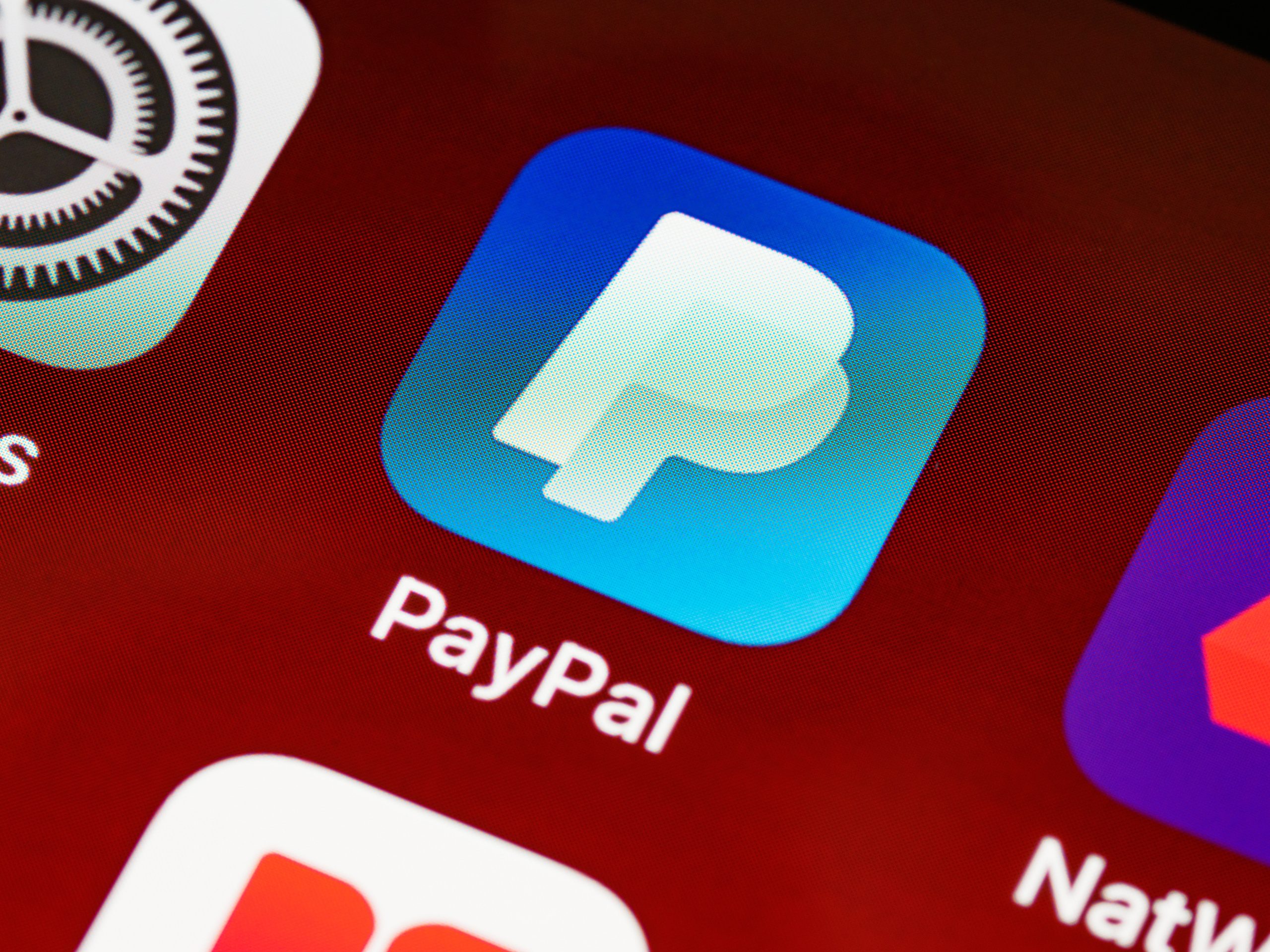Benefits of Village Rental and Accommodation in Japan
Japan is one of the best places to settle in or take a...
Everything You Need To Know About Medical Cover For Employees
As a business owner, you are in charge of making sure your...
Brits are Advised to Work From Home (Again) — Here’s How You Can Successfully Prepare
Boris Johnson recently announced that the government...
How the Healthcare Industry Can Provide Better Support & Services for Patients
The world’s healthcare industry has arguably experienced...
6 Essential Wheelchair Exercises for Seniors
Old age comes with many challenges, and one of them is...
How to Start a Successful Logistics Business
The logistics industry has been in existence for several...
Why investors are buying the PayPal Dip
PayPal is famous for its money transferring services, and...
The three best bedroom aids for care home residents
Nighttime can be a particularly stressful time for a...
Luxury Penthouse at Manchester’s Elizabeth Tower Sold by North Property Group
North Property Group has sold one of the most sought-after...
Tips To Help You Save Money While Travelling in the US
If you’re not yet sure about applying to becoming an...











 Bitcoin
Bitcoin  Ethereum
Ethereum  Tether
Tether  XRP
XRP  USDC
USDC  Solana
Solana  TRON
TRON  Lido Staked Ether
Lido Staked Ether  Cardano
Cardano  Avalanche
Avalanche  Toncoin
Toncoin